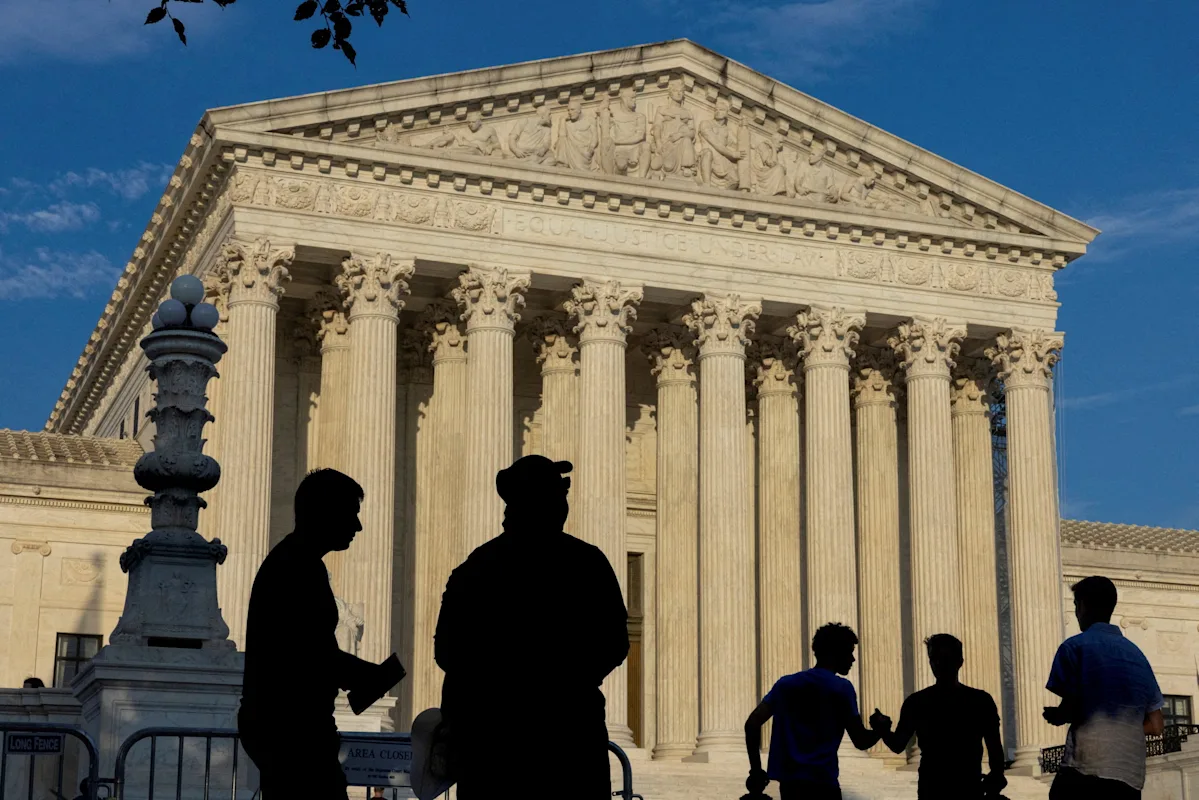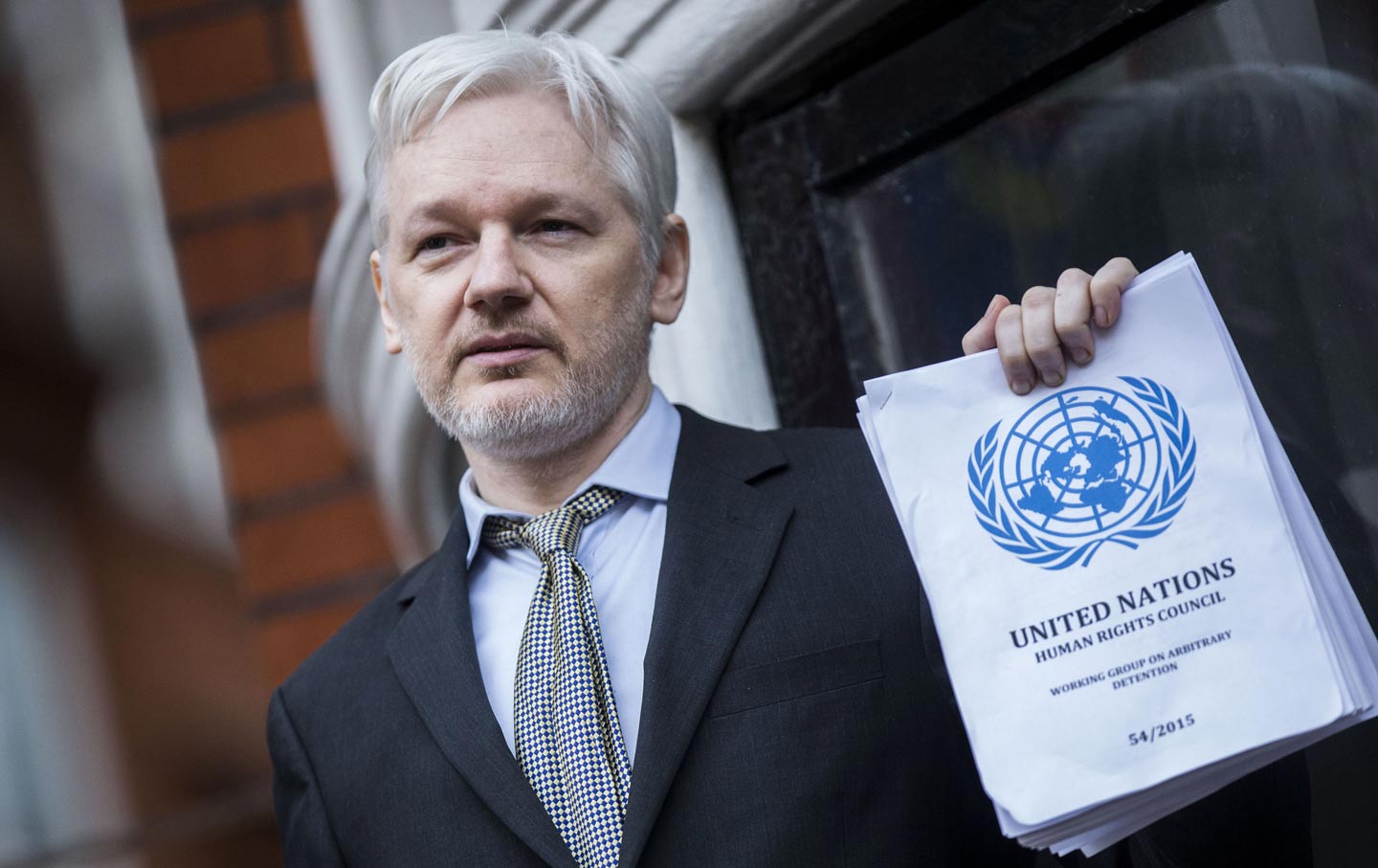The United States Supreme Court has ruled that transgender athletes in West Virginia may compete on female school sports teams.

Transgender Athletes in West Virginia
This comes as a response to the state’s challenge to enforce a law that prohibited transgender athletes from doing so. The justices denied the state’s request to lift the appeals court’s injunction. This enabled a transgender girl to compete on her middle school’s female teams until the three-judge panel reaches a final decision. The case could ultimately return to the high court.
West Virginia became the sixth state in 2021 to enact a law prohibiting transgender athletes specifically women and girls from competing on female sports teams. The measure, known as the “Save Women’s Sports Act,” bars transgender female athletes from participating in sports consistent with their gender identity in public elementary schools, high schools, and universities.
West Virginia Governor, Jim Justice, approved the bill, but he could not cite a specific example of a transgender athlete with an unfair competitive advantage in his state, according to a published article in The Hill.
Federal District Judge’s Ruling on Transgender Athlete Ban
Becky Pepper-Jackson, a now-12-year-old transgender girl, filed a lawsuit on behalf of civil rights organizations, including the American Civil Liberties Union (ACLU) and Lambda Legal. They argued that the law is unconstitutional because it discriminates based on sex and transgender status.
In a published article in CBS News, a federal district judge had handed Becky a preliminary victory before reversing course in his final ruling in January. The state’s transgender athlete restrictions are “constitutionally permissible,” District Court Judge Joseph Goodwin wrote in the January ruling because the state legislature’s definition of “woman” and “girl” are “substantially related to the important government interest of providing equal athletic opportunities for females.”
Becky appealed, and a divided three-judge panel on the 4th U.S. Circuit Court of Appeals in a February ruling blocked the ban’s enforcement until the panel could consider the dispute in full. West Virginia Attorney General, Patrick Morrisey, then filed an emergency appeal with the Supreme Court.
The court denied the emergency request to lift the injunction. Morrisey’s office wrote in their brief that the law “easily” meets the Supreme Court’s standard for allowing sex-based distinctions.



